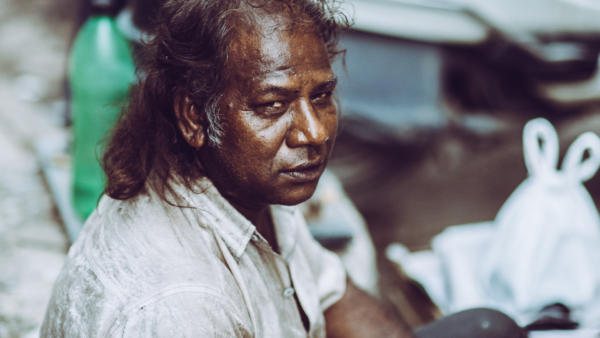Innovative educational project which ensures children in India have access to a quality education
The organisation behind this, Project Out of School Children (OOSC), is a movement in education aimed at transforming the community architecture in the Commonwealth Nations by building affordable container schools with the aim of enrolling, educating, and empowering each out of school child by ensuring they have access to schools and good quality education. It is armed with the belief that no out of school child is left behind and each gets a fair chance at learning.
With as many as 17.8 million children between the ages of 6 and 18 out of school in India alone, often from the most marginalised and rural communities, there is a severe lack of strong foundations in place to provide quality education for these children. The fallout from the coronavirus pandemic has certainly amplified these concerns, with lockdowns forcing schools to close has meant that even more children are likely at risk to miss out on having an education, which in turn, will have a critical impact on their development. As a result, India is in need of some support to help those most at risk.
The project was founded by multi-award-winning educationalist, Amreesh Chandra, Project OOSC, who is armed with the commitment of forcing change, and by uplifting and improving children’s access to schools in the Commonwealth Nations, with a particular focus on India.
Each container school comes with a single textbook concept for the convenience of the child and is designed to ensure that several learning outcomes are achieved, including literacy and numeracy skills based on the skill level, ICT knowledge and teaches children to acquire social skills amongst others.
In addition to helping to educate children, Project OOSC also addresses India’s current teacher deficit by providing teacher training to empower educators to become committed to help bring through the next generation. In addition, this is also in place to create equal job opportunities in the community.
Despite its rapid economic development since the turn of the century, India’s education system is severely lacking in funding and committed individuals to help mobilise the necessary resources to support the school systems within the country. There is a severe deficit of people at all levels of the education system who are committed to working together to improve the capacity and quality of the nation’s schools and this has meant that there is an urgent need for reform as the current system lacks the structure it needs to be successful.
Now, through Project OOSC, the organisation is dedicated to utilising the spaces in the education system to make a difference. It is currently targeting seven of the 17 Sustainable Development Goals (SDGs) introduced by the UN General Assembly in 2015 to achieve a better future. As well as providing quality education (SDG 4), the project targets more in its education delivery including through impact on society and ensuring a sustainable future through education by not leaving any child behind.










